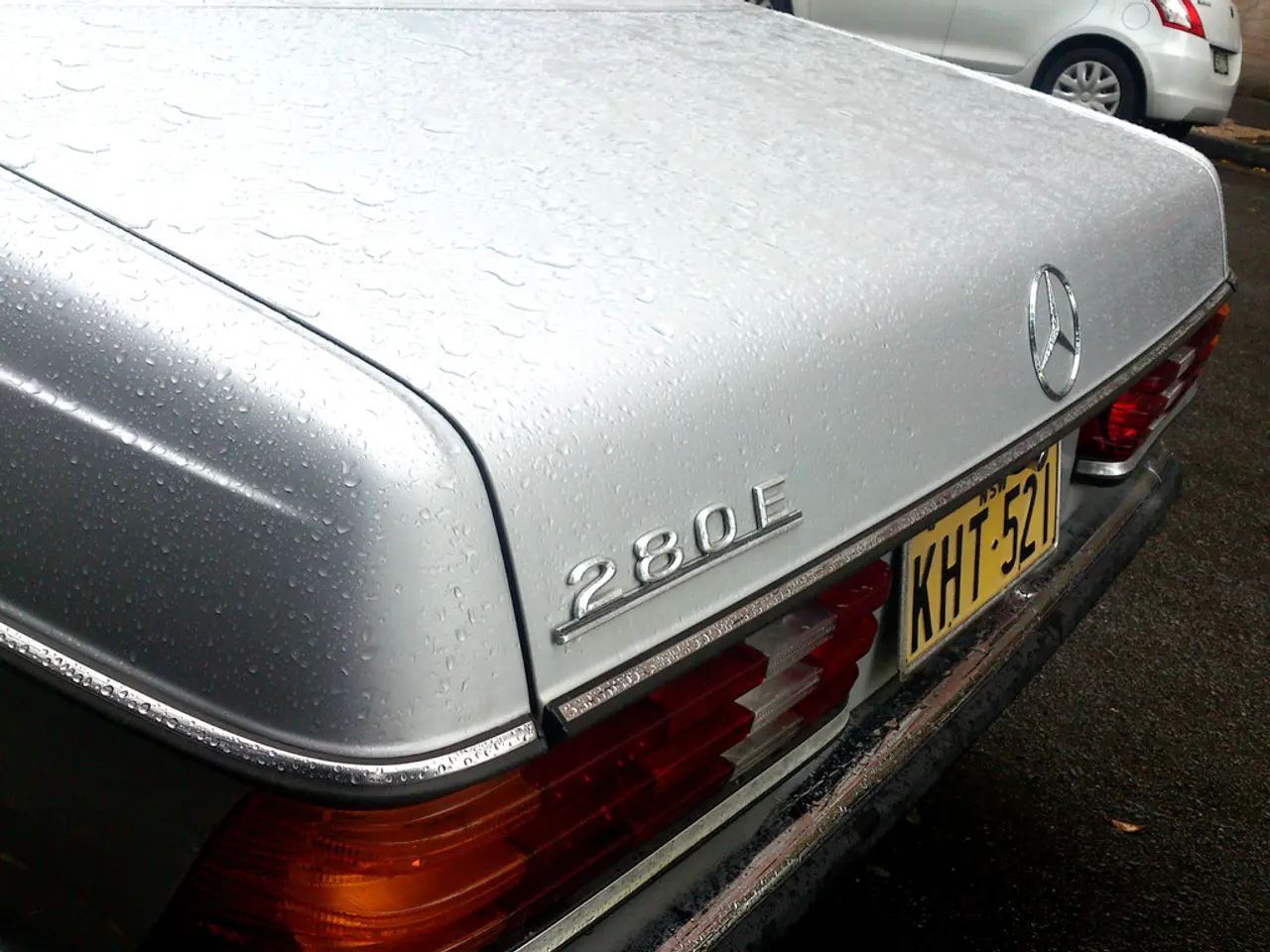Controversial Turn for Tesla: Favorability Wanes among Democrats and Republicans – Identifying Key Models Previously Admired
In the dynamic automotive landscape of 2025, electric vehicles (EVs) are making significant strides, gaining popularity across party lines in the United States. This shift is primarily driven by the increasing availability of diverse EV models, improving technology, strong federal tax incentives, and competitive pricing by legacy automakers.
As of now, Tesla remains the overall leader in the U.S. EV market, holding about 46% of the market share. However, its sales have seen a slight dip year-over-year. On the other hand, General Motors (GM) has been rapidly expanding its EV sales, doubling its volume compared to the previous year and capturing about 16% of the market. The Chevrolet Equinox EV has become the best-selling non-Tesla electric vehicle in the U.S., appealing with a mid-market price (around $35,000), good range (300+ miles), and practicality—traits favored across political lines.
GM's luxury Cadillac EVs, such as the Escalade IQ, also show growing appeal in the luxury EV segment. Ford, though reporting a dip in EV sales in Q2 2025, still has notable electrified vehicle sales, including the Mustang Mach-E, which has previously appealed to Republican-leaning buyers who value performance and the brand’s heritage.
The 2025 Most Loved Vehicles list features sixteen models, with Tesla's Model 3 and Model Y, GM's Chevrolet Equinox EV, and Cadillac Escalade IQ, the Cadillac CT5 Sedan, and Ford's Mustang Mach-E being among the favorites. The Rivian R1T is the most Loved Pickup, while the Kia Carnival is the most Loved Minivan.
The electric and hybrid vehicle market is winning over consumers with cutting-edge innovation, high performance, and a refined driving experience. The continuation of federal tax credits through September 2025 also boosts uptake among a broad demographic.
However, Tesla, once a dominant player in the electric vehicle market, is facing challenges due to its increasingly politically charged image. Alexander Edwards, President of Strategic Vision, stated that political perceptions have become deeply woven into Tesla's identity. Meanwhile, the Mercedes-Benz EQB is the most loved vehicle among Democratic drivers in 2025.
Christopher Chaney, Senior Vice President of Strategic Vision, suggested that the electric vehicle industry has learned that merely placing an electric powertrain into a gas-powered vehicle and calling it green is not enough. He explained that consumers are now seeking vehicles that offer a superior driving experience, advanced features, and affordability.
In summary, the 2025 Most Loved Vehicle Awards reveal that electric vehicles, once a source of political division, are now finding favor across party lines. The mix of affordability, performance, brand loyalty, and expanding model choices explains this cross-party appeal. The electric vehicle industry is learning to cater to a diverse range of consumers, offering vehicles that appeal not only to environmental concerns but also to economic and performance factors.
- Despite challenges to its market dominance, Tesla remains a significant player in the US electric vehicle market, holding approximately 46% of the market share.
- General Motors (GM) has seen a substantial growth in its EV sales, with the Chevrolet Equinox EV becoming the best-selling non-Tesla electric vehicle due to its mid-market price, good range, and practicality.
- In the luxury EV segment, GM's Cadillac EVs, such as the Escalade IQ, show growing appeal, while Ford's Mustang Mach-E has found favor with Republican-leaning buyers who value performance and brand heritage.
- As technology advances and federal tax incentives continue, the electric and hybrid vehicle market is winning over consumers with cutting-edge innovation, high performance, and a refined driving experience, appealing to a broad demographic and bridging political divisions in 2025.




